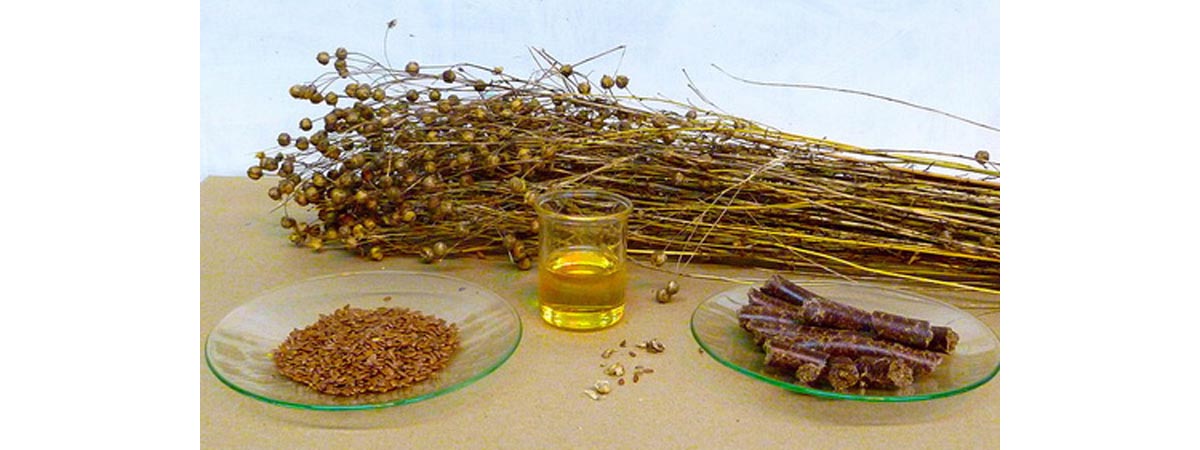Table of Contents
Some scientists tell us that about 70% of the way our bodies respond to food is programmed in our genes, and only about 30% of the way our bodies respond to food is due to variations in the food itself. That 30%, however, can make the critical difference in beating cancer. The big question in eating right to beat cancer is which diet will work for you?

And if you have a persistent problem with metallic tastes, loss of taste or smell, or nausea after chemotherapy, and you don't feel the need to go 100% "natural," the Budwig diet may be the right choice for you.
Who Was Johanna Budwig?
Dr. Johanna Budwig (1908-2003) was a German biochemist who developed a dietary therapy for people who had advanced cancer in the early 1950's. At the time, the only commonly available options for treating cancer were surgical amputations, whole-body radiation treatments, and potently toxic chemotherapy. Oncologists often recommended that patients should not consume fresh fruits or vegetables because it was thought that excesses of vitamin C and vitamin E could cause a paradoxical pro-oxidant effect that would actually accelerate the growth of cancer.
Put on restrictive diets, treated with harsh chemotherapy and radiation, many cancer patients of the 1950's actually died of starvation rather than from cancer. Dr. Budwig's diet was an effort to ensure that cancer patients got adequate nutrition while avoiding plant foods that at the time were thought to cause cancer, without aggravating problems with mucositis (inflammation of the lining of the mouth), nausea, or vomiting.
What Is the Budwig Diet?
As was common among nutritional scientists in her day, Dr. Budwig made a special effort to ensure that cancer patients got both kinds of essential fatty acids, both the n-6 essential fatty acids (which are abundant in most plant oils) and the n-3 essential fatty acids (which are more easily obtained from fish oil).
Budwig also recognized that a suitable cancer diet should be bland, so it does not trigger any sensory memories of nausea or vomiting, inexpensive, and easy to prepare. She was able to concoct such a diet even in the austerity of post-World War II Germany.
- Budwig J. [Cytostatic or cytodynamic control of cancer?].Hippokrates. 1956 Oct 15. 27(19):605-12. German.
- Hübner J, Marienfeld S, Abbenhardt C, Ulrich CM, Löser C. [How useful are diets against cancer?]. Dtsch Med Wochenschr. 2012 Nov. 137(47):2417-22. doi: 10.1055/s-0032-1327276. Epub 2012 Nov 14. German.
- Photo courtesy of Handwerker by Wikimedia Commons : en.wikipedia.org/wiki/File:From_flax_to_linseed_oil..JPG
- Photo courtesy of Chris Corwin by Flickr : www.flickr.com/photos/flickerbulb/161841382/


Your thoughts on this